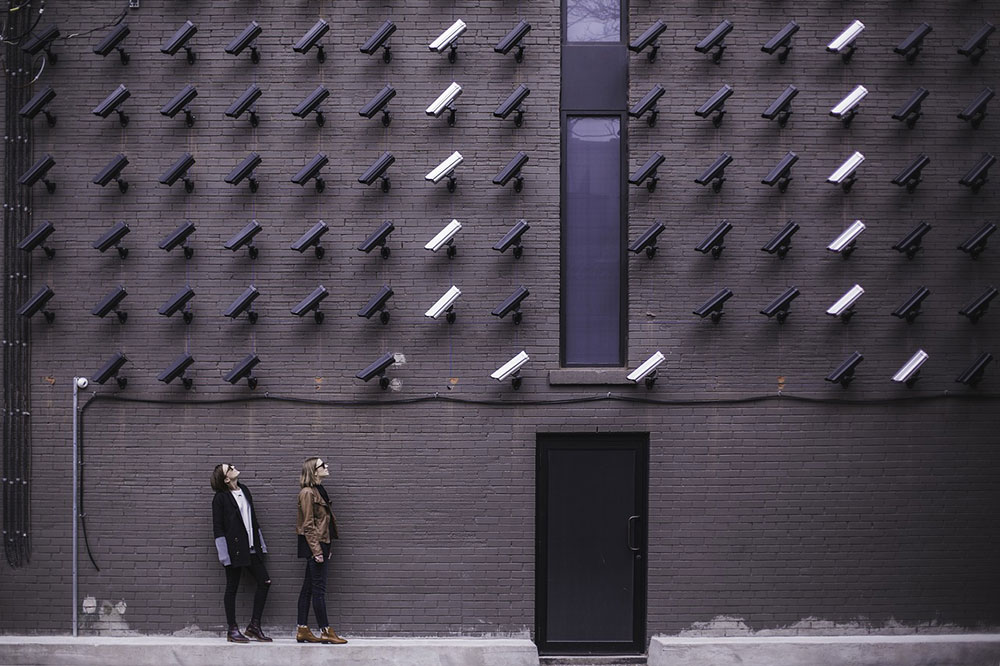Advertisement
Every year, about 2.1 million homes are broken into by burglars, according to the FBI. While each burglar had their reasons for breaking into a certain home, the presence of a home security system reduces the chances of a home being broken into. Cameras and signs of a home security system presence let them know that they are being watched by the homeowners and they can easily be caught.
https://cdn.pixabay.com/photo/2015/04/08/04/14/camera-712122_1280.jpg
If you would love to invest in a home security system, however, you need to choose between Network Video Recorder (NVR) systems and Digital Video Recorder (DVR) systems. Each video recording system comes with its own pros and cons and can benefit your situation in different ways.
Here is how both systems differ and which would be better for your situation:
NVR vs. DVR
The main difference between NVR (Network Video Recorder) and DVR (Digital Video Recorder) is the method in which they process video data, according to HomeSecuritySeek. While the DVR will process the video data it records at its recorder, the NVR will process and encode the data at the camera and then transfer it to the NVR recorder which can be used both for remote viewing and storage.
Since they handle their data differently, both systems will need different camera types to support them. In most cases, DVRs need analog cameras whereas NVRs use IP cameras. Also, DVR security systems tend to be wired, where the NVR alternative can be both wireless and wired.
Pros and Cons of DVR
DVR has been around for a long time, and it is typically cheap, which can be great for installing a number of cameras. You can easily install the cameras in your home and have a wide range of vendors to choose from to help you with the installation task if need be. Also, the technology behind DVR cameras has been getting better over the years with some cameras producing HD quality videos.
The cons are that the image quality for the cameras might be low, but this might not be a problem for areas that need little surveillance. Other than this, they offer a smaller range of view than the IP cameras. You will also need power cables for the cameras and DVR cables which add to the installation costs. Lastly, the system isn’t typically encrypted, meaning that they can easily get hacked.
Pros and Cons Of NVR
NVR security systems use cameras that have high image quality with zoom capabilities as well as the ability to combine multiple sensors. The security of the camera systems is also top notch as the video is typically encrypted to reduce the chances of getting hacked. The system is also easy to install, and the camera only needs one wire for both powering it and data transmission. Lastly, you do not need a decoder when using this system.
The cons are that the initial set up of the system is typically costly, though the costs keep going down with time. On the other hand, they also call for larger storage than the DVR systems since the videos produced are of higher quality. You might also need to learn how the system works as it might be complex at first.
What to Choose
The choice trickles down to the type of security you need. If your home is in a crime-rife area, the NVR option might be better. For places where you only require standard security, opt for DVR security systems. Remember, the idea that a security system is present might be enough to scare away burglars.
Conclusion
Cost, video quality, and security should all matter when picking your security system. For instance, while great video quality is wise, it might not be necessary for low crime areas. Consider the type of security you need to make the right choice.

